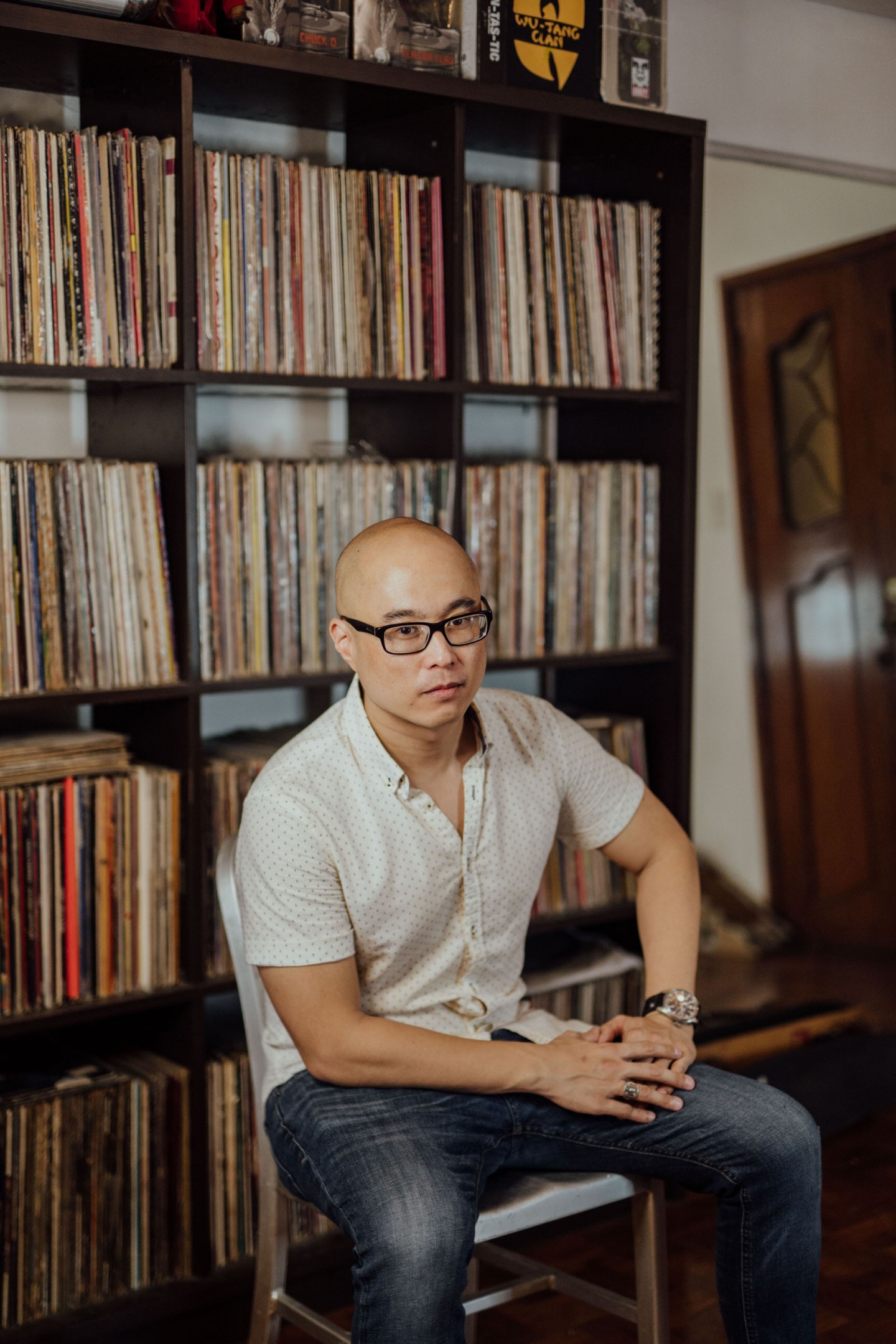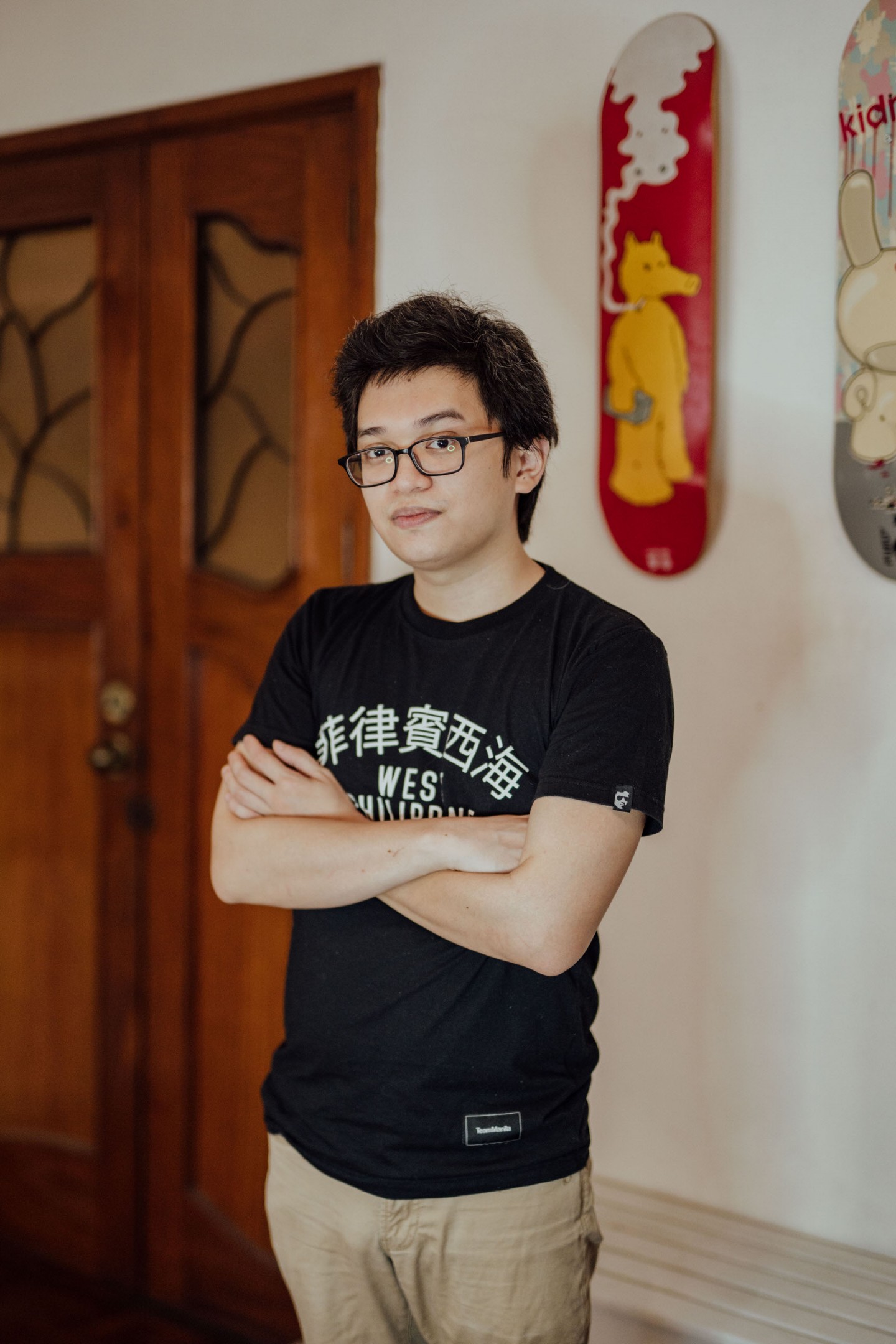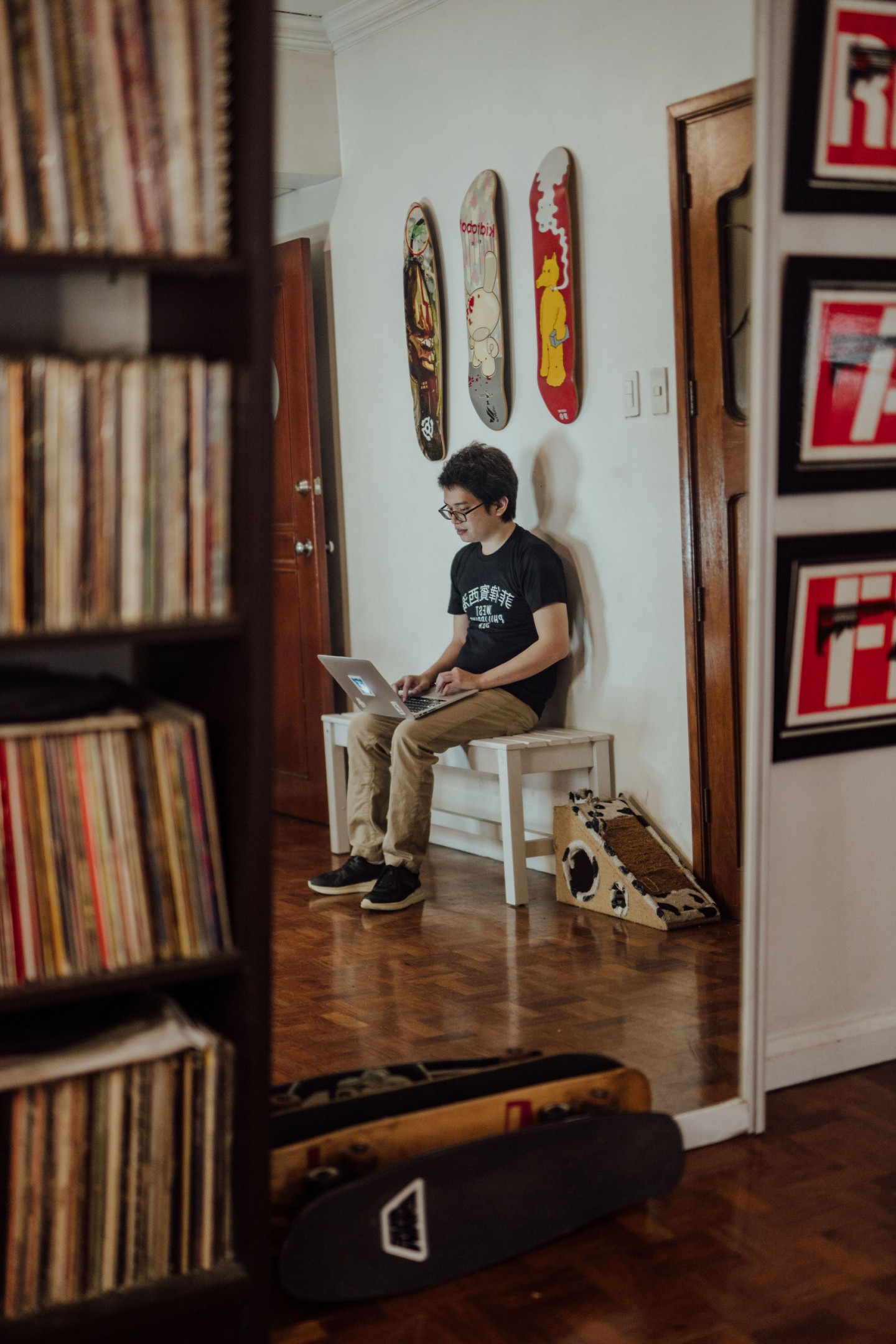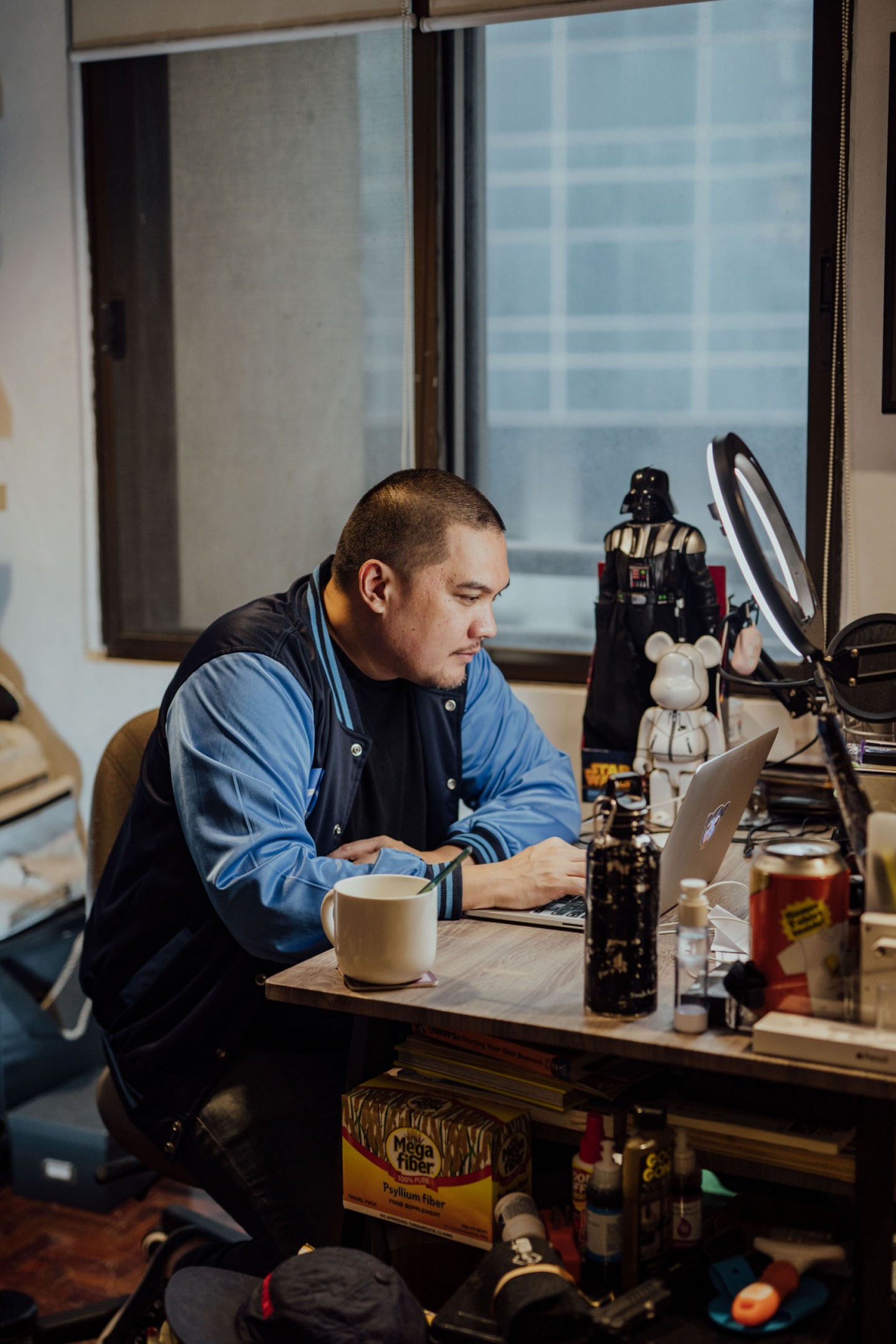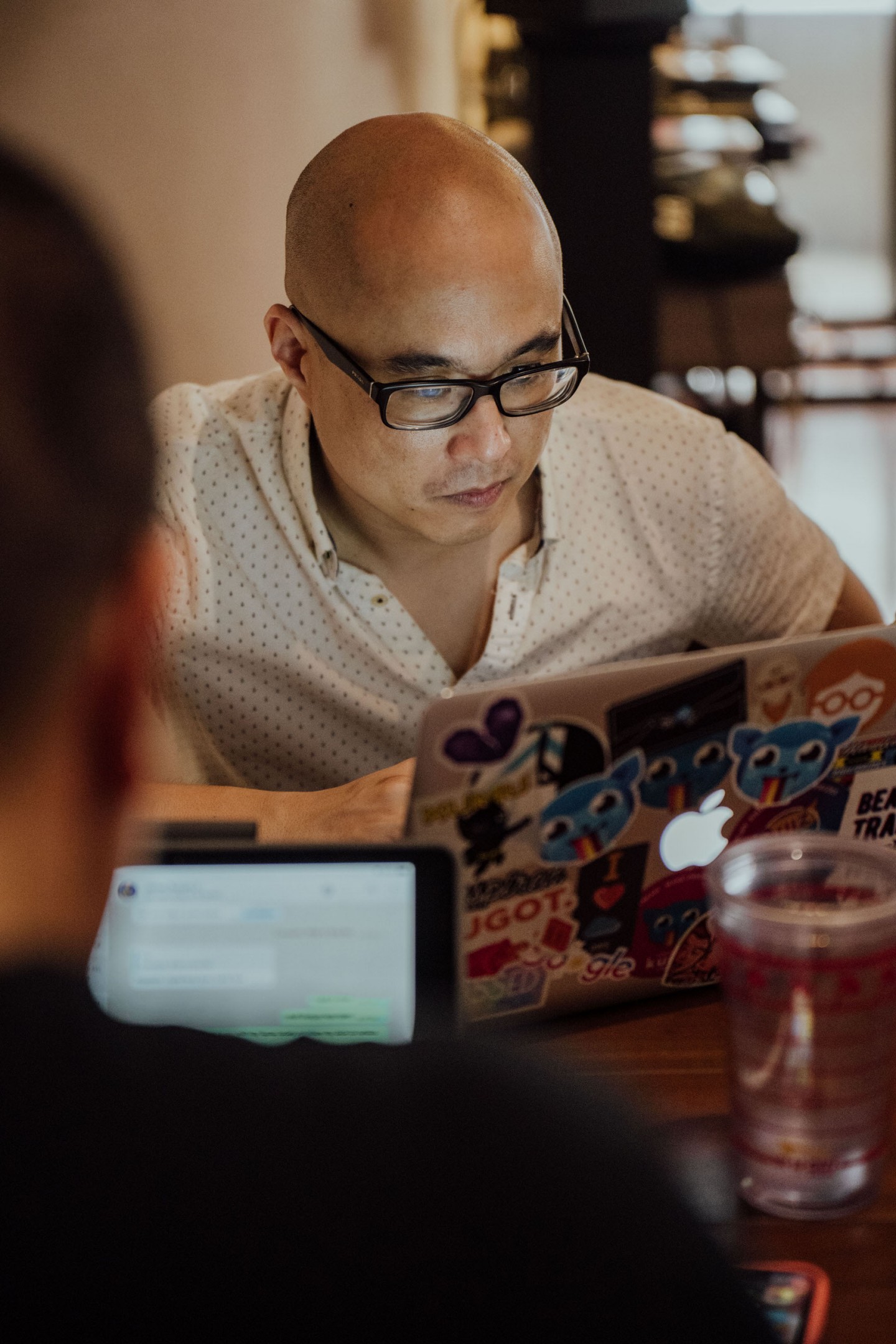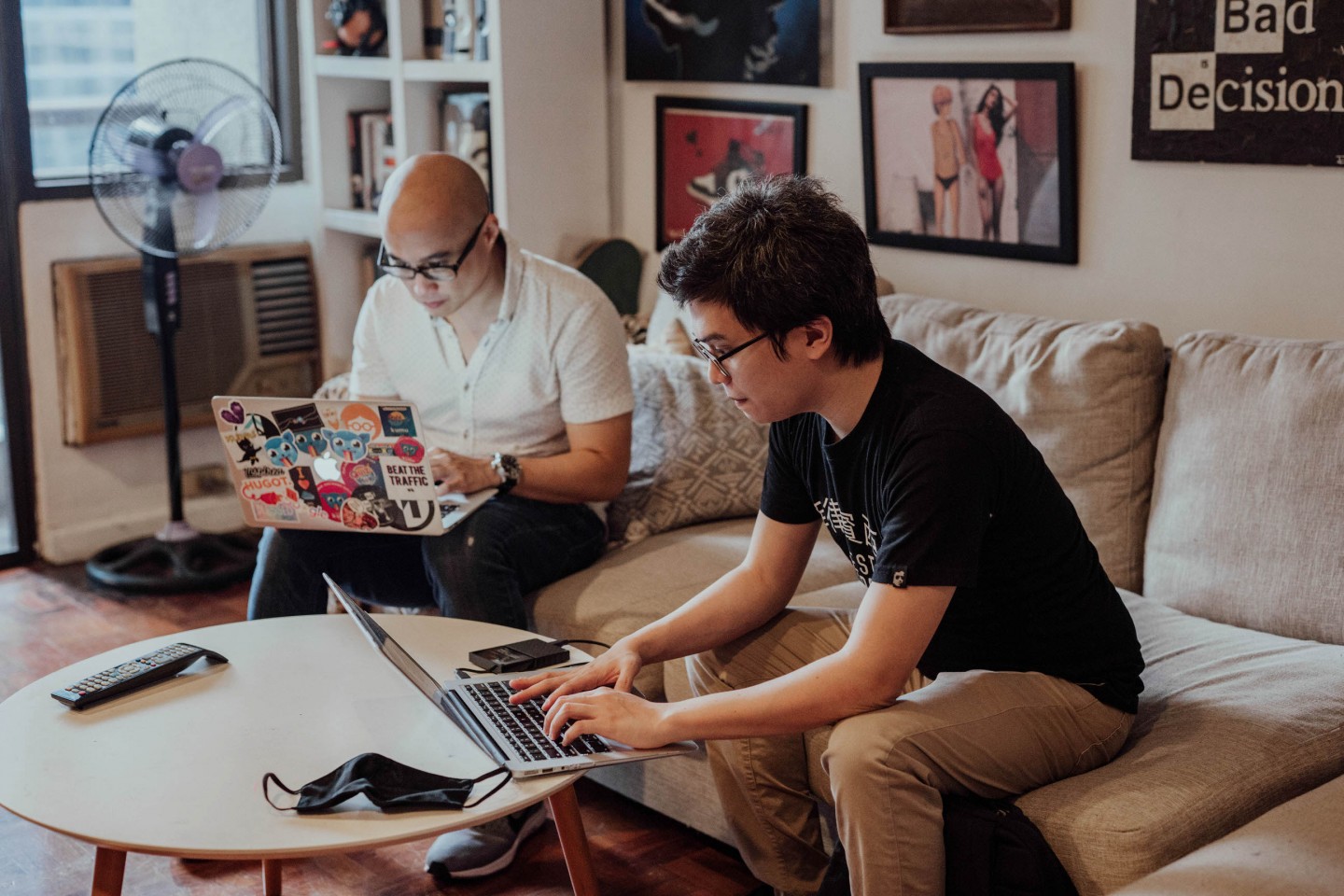
It was March 2020 when our nation decided to close down, shrinking our worlds to the four walls of our homes. For the sake of safety, we viewed the outside through digital windows made up of laptop and phone screens. We relied on applications for news, work, businesses, and most importantly — communication. And through all the applications that we used and viewed, one home-grown app began making waves, amplifying the voices of Filipinos from all over the world.
Founded in 2018, KUMU has since become one of the fastest growing tech companies in the country, providing a wide array of live-streamed content to its 5 million-strong user base. It was a realization of a vision, a space made by Filipinos for Filipinos. And this vision started with a very diasporic beginning — a homecoming.
At the helm of KUMU is Roland Ros, a Los Angeles native with Ilocano and Bikolano roots. However, Roland was never a stranger to his home country. Back in his college days, he had the opportunity to study in UP Los Banos where his experiences honed his affinity for a more purposeful impact on Filipino society. Meanwhile, Dumaguete-born Rexy Dorado was engaged with the Kaya Collaborative, a non-profit organization that was sending Filipino migrants back to the country to do high-impact internships. Roland joined in, and since then, they have been going back and forth between the Philippines and the United States to grow their organization. During this time, their work would not go unnoticed, because by the time they met Philippine Ambassador Jose Cuisia Jr., he asked them to take up a challenge in order to have more impact — to go back home, and start a tech company.
The vision was ambitious as it was inspiring. At that time, countries had their own messaging or social media apps championing their voices, such as Kakao Talk in South Korea, Line in Japan, Gojek in Indonesia, and VNG in Vietnam. Roland and Rexy wanted to have the same thing for the Philippines. But they both knew they can’t do it alone. The duo travelled around the United States and assembled (as Roland would describe it) their own “Avengers”. It was a dream team composed of Angelo Mendez, Andrew Pineda, Clare Ros, and James Rumohr.
In Images — Roland Ros and Rexy Dorado
Images — Zaldine Alvaro
They all left behind their lives in the United States, and took the risk of making their vision into a reality.
They will soon learn that the journey was not easy. For one, there were a lot of doubts from the community. As Roland puts it “The Philippines has a lot of ‘wait and see’ types and people who don’t care about you until you’re successful.” And on top of that, the envisioned messenger app had to compete against a saturated market of messaging apps. Nobody cared about a Filipino version of Telegram, or Messenger, or Viber, and it would seem like the project would be choked out before it could even make a dent. But as they were studying the data and touching bases with their users, one thing was apparent — while the messaging feature gained little traction, their live-streaming feature was being received well. At this point, they knew they had to make a choice.
“Give enough time for the community to define the product and once they define the product, then you start iterating based on their feedback.” Roland says in an interview.
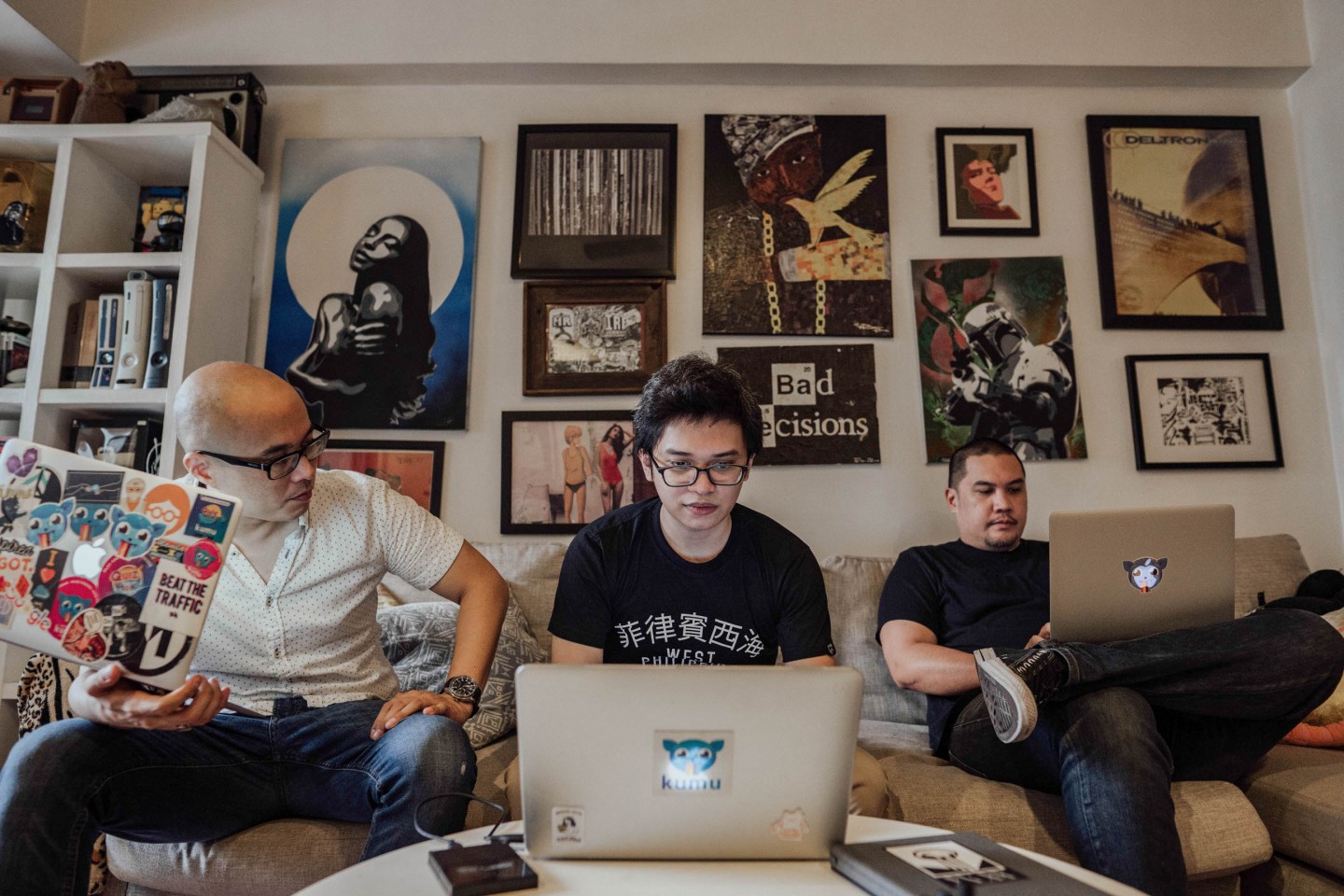
In Image — Roland Ros, Rexy Dorado, and Angelo Mendez
Pivoting is not a new thing. much like how Burbn became Instagram, or how Glitch became Slack turning into a platform for teams. But for KUMU, it is all about listening to the timing and what the data is telling you. It is making a business model that is true to its purpose, but also having that small space to be flexible and agile. So despite the country’s really bad internet connection, KUMU pivoted towards live-streaming to realize its current identity. And while the whole app has changed, its vision remained — a space that is made by Filipinos for Filipinos.
The community began to take shape, and more people started investing into the vision, hoping that the app could champion and embody the Filipino spirit. But what sets it apart from other social media apps is its authentic community. Live-streaming gives little room for scripts or staged engagements. It also does not incentivize streamers through likes or views. Instead, users can give “gifts” (with really Pinoy denominations like “taho”, “halo-halo”, or “Malacañang”) to the streamers that they find relatable, relevant, and engaging. It captured the attention span of GenZ’s and millennials, even reaching as far as Filipino migrants in different parts of the world. It broke through illusions of having a perfect social media life, and encouraged real connections between the members of the communities. And as celebrities and influencers brought in their followers from different platforms, the user base swelled into millions. OFW’s began connecting with their loved ones through the app, people discovered ways to earn money, and the app even witnessed a proposal. But with millions of users interacting with each other, opinions — no matter how serious or trivial — will eventually clash.
James Rumohr, KUMU’s head of community, said in an interview: “We decided early on that we wanted the community to have almost a Disneyland-like feeling, a place where people felt safe. You don’t see people wearing Democrat or Republican paraphernalia at Disneyland; you see them sporting Mickey Mouse or Frozen gear,” and they knew the importance of reiterating this mindset from the get go.
KUMU’s social responsibility was echoed in three things: safety, positivity, and acceptance. They were adamant in pointing out that if people wanted to engage in political discussions, they could migrate the debates to Facebook, Instagram, or Twitter, where it is prevalent. They are also aware that if they allow politics into their community, politicians will want to use the app for their own agenda. They also involved the community by making their most active users into moderators who screen out users and their content. Bad behavior is called out, anonymous accounts are not allowed, and a culture of acceptance is paramount.
“Of course, we know that this could cost us some users. But at the end of the day though, we love our users so much that we’re willing to stick with our guidelines to uphold that community culture,” Rumohr further added.
KUMU is currently focused on creating new tools to help creators build on their content and following. Live commerce is an idea that they are also playing with, aiming to make KUMU a day-to-day utility app on top of being a means of communication and entertainment. They are also moving to grow their user base globally and to create more avenues for creators to earn full-time through the app.
So what does the future hold for the country’s premier home-grown social networking app? Roland is very optimistic. “Of the many roads forward, we are excited about the opportunity to build a rich ecosystem of consumer social apps for the global Filipino community, all powered by a shared community and set of values — like a Gojek of media or a next generation Disney for the Philippines.”
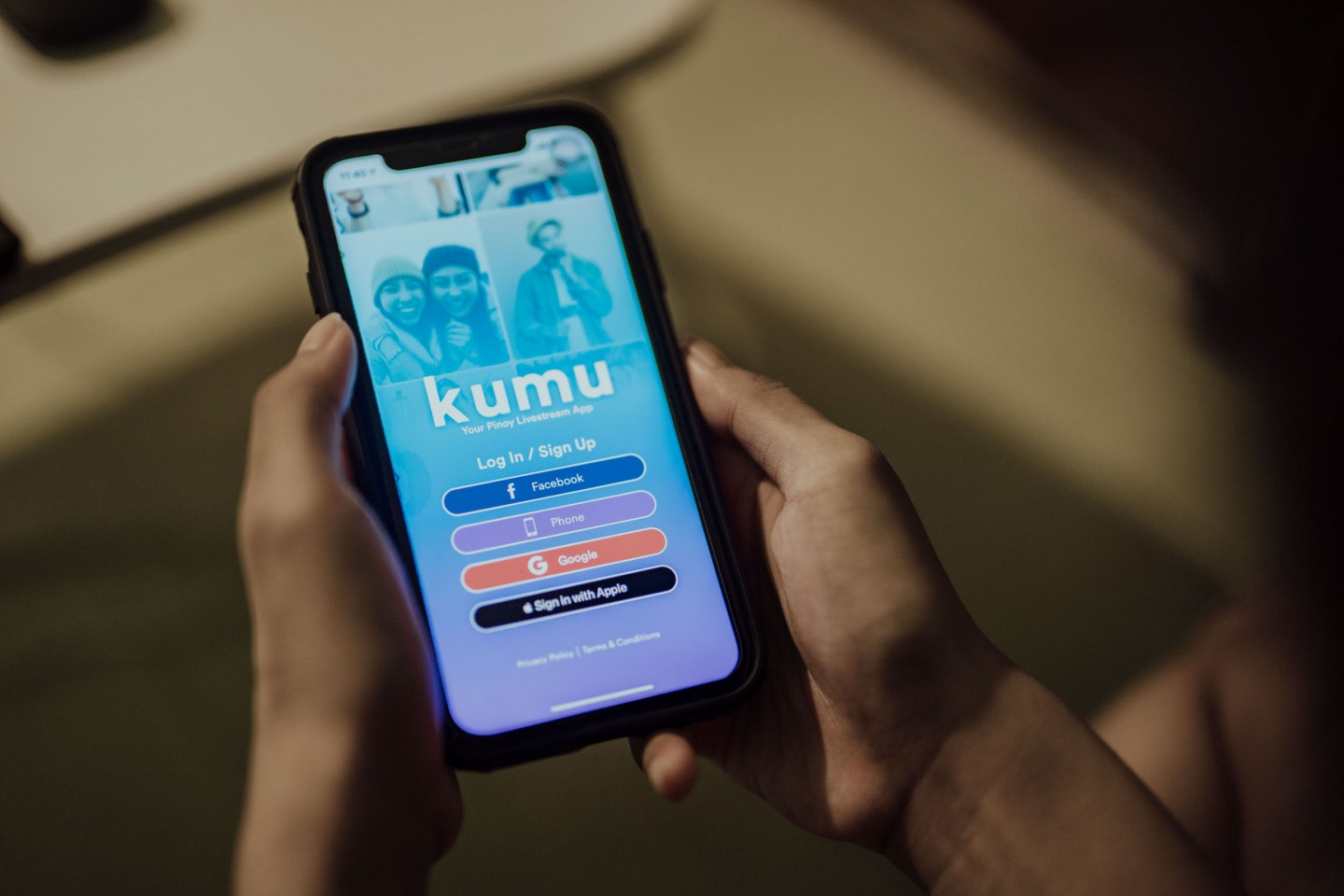
KUMU sets its sights on the country’s emerging technology market and hopes that their success can inspire a new generation of Filipino tech-entrepreneurs to build tools that can improve and move our quality of life forward — to create more jobs and opportunities for Filipinos.
“Look beyond the usual suspects and don’t get distracted — a lot of the best people are not out there on the stages and shaking hands at the big events. They’re busy getting the work done,” Roland expressed, “With that said, if you are mentally prepared, you have a strong support system of people who understand your journey, good strong routines that promote stronger mental health. I say go for it.”
It all started with a vision and a homecoming, and the dream of creating an online space made by Filipinos for Filipinos is exactly what Roland and Rexy, through KUMU, delivered.

